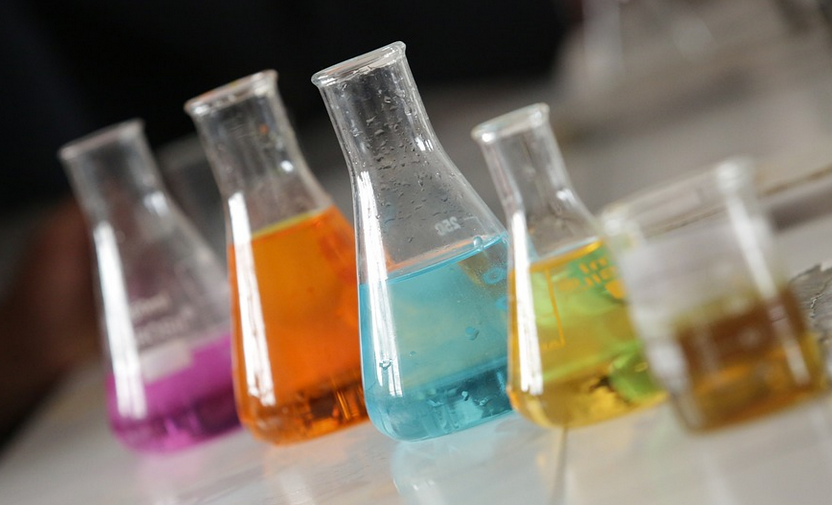Introduction
Gallbladder issues are a common health problem that can cause significant pain and discomfort. While there are many factors that can contribute to gallbladder issues, including genetics and diet, some people wonder if alcohol consumption can also be a contributing factor. In this article, we will explore whether or not alcohol consumption can cause gallbladder issues.
What is the Gallbladder?
Before we dive into whether or not alcohol can cause gallbladder issues, it’s important to understand what the gallbladder is and what it does. The gallbladder is a small organ located beneath the liver. Its primary function is to store and release bile, which is a digestive juice that helps break down fats in the small intestine.
The Relationship Between Alcohol and the Gallbladder
While there is no direct link between alcohol consumption and gallbladder issues, some studies have suggested that heavy alcohol consumption may increase the risk of developing gallstones. Gallstones are hardened deposits of digestive fluid that can form in the gallbladder, causing pain and discomfort.
How Much Alcohol is Too Much?
It’s important to note that not all alcohol consumption is created equal. Moderate alcohol consumption, which is defined as up to one drink per day for women and up to two drinks per day for men, is generally considered safe and may even have some health benefits. However, heavy alcohol consumption, which is defined as more than three drinks per day for women and more than four drinks per day for men, can increase the risk of various health problems, including gallbladder issues.
Other Risk Factors for Gallbladder Issues
While heavy alcohol consumption may increase the risk of developing gallstones, it’s important to note that there are many other factors that can contribute to gallbladder issues. These include genetics, age, gender, obesity, and a diet high in fat and cholesterol.
Symptoms of Gallbladder Issues
If you are experiencing symptoms of gallbladder issues, it’s important to see a doctor for an accurate diagnosis. Some common symptoms of gallbladder issues include abdominal pain, nausea, vomiting, bloating, and fever.
Preventing Gallbladder Issues
While there is no guaranteed way to prevent gallbladder issues, there are some steps you can take to reduce your risk. These include maintaining a healthy weight, eating a diet high in fiber and low in fat and cholesterol, and limiting your alcohol consumption to moderate levels.
Conclusion
In conclusion, while there is no direct link between alcohol consumption and gallbladder issues, heavy alcohol consumption may increase the risk of developing gallstones. If you are experiencing symptoms of gallbladder issues, it’s important to see a doctor for an accurate diagnosis and treatment plan. By maintaining a healthy lifestyle and limiting your alcohol consumption, you can reduce your risk of developing gallbladder issues.

